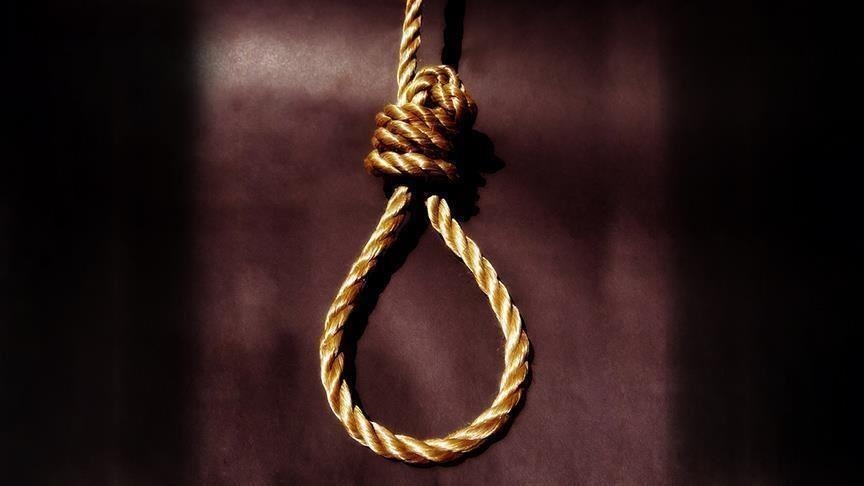Pakistan ends capital punishment for drug trafficking convicts
South Asian nation had imposed ban on capital punishment in 2008, but later lifted it in 2014 in wake of tragic army school attack

KARACHI, Pakistan
Pakistan’s parliament on Tuesday approved new anti-narcotics legislation, removing capital punishment for drug trafficking convicts.
“Anti-narcotics bill passed, removing capital punishment,” Commerce Minister Syed Naveed Qamar tweeted.
The legislation "Control of Narcotics Substances Act, 2023" was passed during a joint session of the lower house – the National Assembly – and the upper house – the Senate – in the capital Islamabad, and will come into force at once.
The maximum punishment, according to the fresh legislation, for a convict of a drug-related crime will be life imprisonment, whereas the minimum will be a six-month jail term.
Pakistan imposed a ban on capital punishment in 2008 in exchange for trade incentives from the EU.
However, it lifted the six-year ban on capital punishment after a gun-and-bomb attack on an army school in northwestern Peshawar city in December 2014, which killed over 140 people, mostly students.
Since then, some 518 convicts have been executed.
Human rights groups and the EU had condemned the lifting of the ban on capital punishment, saying it would not add to the government’s efforts to eliminate terrorism.
Currently, there are more than 4,000 death-row convicts across Pakistan, according to the local media.
In February 2021, Pakistan's Supreme Court, in a landmark judgment, ruled that prisoners with serious mental health problems cannot be executed for their crimes.
Anadolu Agency website contains only a portion of the news stories offered to subscribers in the AA News Broadcasting System (HAS), and in summarized form. Please contact us for subscription options.







